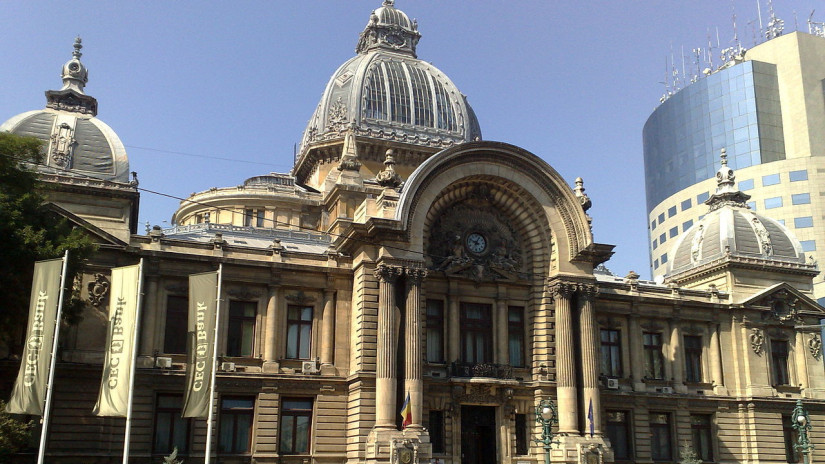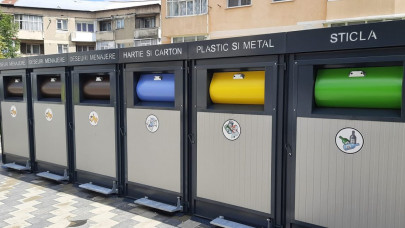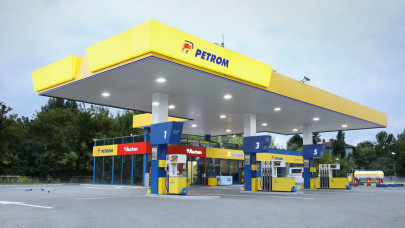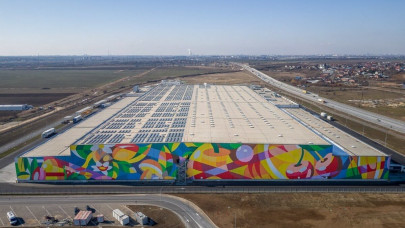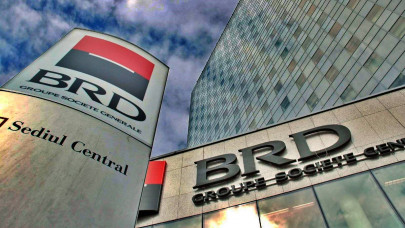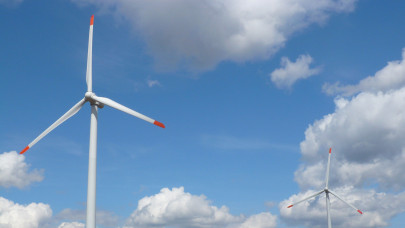The recently signed agreement allows CEC Bank to grant loans to SMEs and small mid-cap companies with favorable interest rates, extended maturities, and reduced collateral requirements.
As part of this new collaboration with the FEI, CEC Bank is the intermediary for the guarantee facility within the InvestEU – Compartimentul per Romania.
CEC Bank is a partner with a long tradition of the European Investment Fund on the Romanian market, this being the fourth agreement signed to support the bank's clients and, in general, for the growth of the Romanian economy.
Considering the previous guarantee agreements - JEREMIE, the Initiative for SMEs, and COSME - with this new agreement, CEC Bank's loan portfolio in partnerships with FEI exceeds €450 million.
CEC Bank is the financial institution with the longest tradition in Romania. Founded in 1864, CEC Bank currently has the most extensive national network, with over 1,000 branches and territorial units and with assets of RON 69.08 billion (€13.8 million) at the end of the first semester of 2023.

